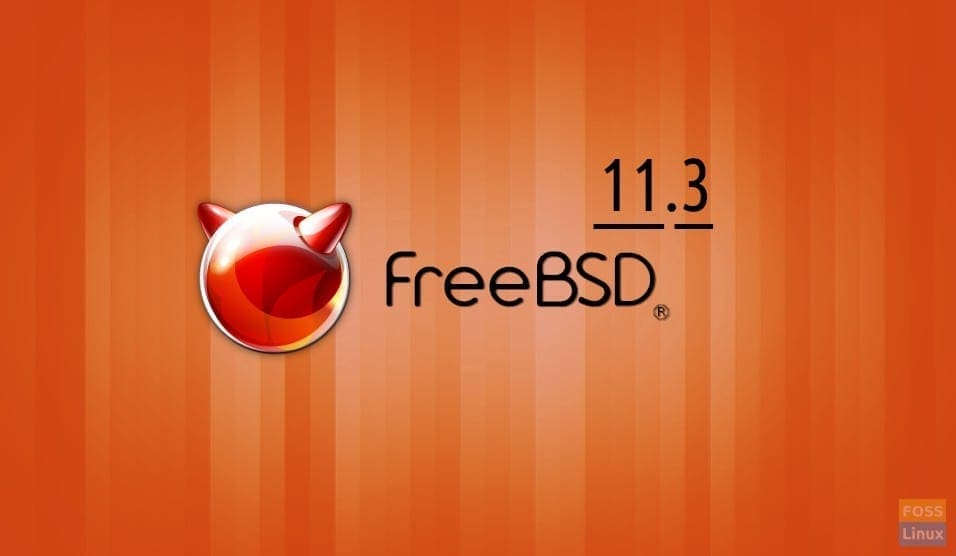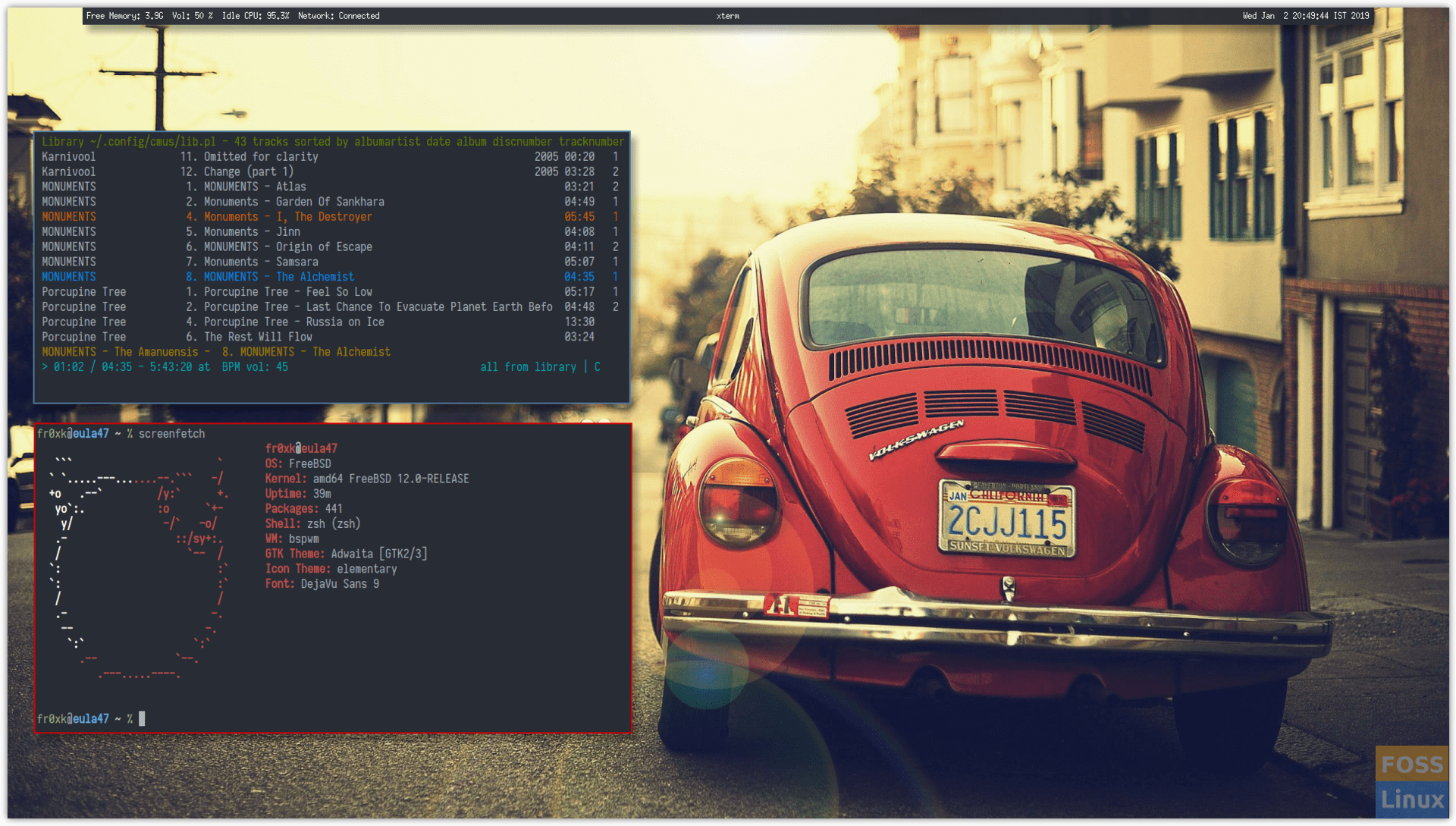With an upgraded kernel and userland, FreeBSD 11.3 is now available for the general audience.
Starting with an introduction, FreeBSD is an operating system based on the Berkley Software Distribution’s UNIX. The OS is also known for its advanced networking, security, and compatibility. Accordingly, alongside regular users, you’ll find computer scientists, ISPs, and researchers using this operating system as well.
Even though the release of FreeBSD 12 was announced back in December of 2018, we acknowledge that there will still be people out there who prefer using version 11 of the operating system. If you’re one of them, then upgrading to FreeBSD 11.3 will give your system a visible boost. How? Well, let’s see.
What’s New
On the surface, users will find updated GNOME desktops, KDE Plasma, and package manager. However, there is much more to this update than just that.
Improved Userland
This update comes with several changes in the Userland configuration, applications, and system utilities.
The configuration changes include the option to restrict access of jailed processes and users to the dmesg(8) buffer and set the path for consistency with the cron(8) daemon. Moreover, improvements have been made to devd.conf(5) and kenv(1).
Other than that, users will see many application changes, such as the ability to use dashes and underscores in label names and a more natural way to check the exit status of the pipeline commands.
With this update, auxiliary RAM will be supported and 2019b version of timezone data files made available. Apart from the ones mentioned above, various other utilities have been enhanced as well.
Upgraded Kernel
After updating to FreeBSD 11.3, the ddb(4) utility will be able to print command-line arguments to a process, the jail(8) ID will be logged when logging a process exit, and the value of MSI IRQs is now tunable.
It is also worth mentioning that all FreeBSD versions will now warn the user of features removed in upcoming releases.
Updated Drivers, Hardware Support, and Storage
FreeBSD 11.3 comes with a variety of new and updated device and network drivers, which include a new ccr(4) driver and updated ichwd(4), random(4), oce(4), ixl(4), and ixlv(4) drivers.
In terms of the hardware support, the vt(4) keyboard mapping now supports UK.macbook.kbd and support for PS/2 scan codes has been added as well. Another noteworthy update is that the ZFS filesystem now supports parallel mounting.
Other Changes
- The new FreeBSD does networking even better by upgrading the ipfw(8) firewall and adding support for NAT64 CLAT
- There have been enhancements in the system boot loader
- Some drivers have been deprecated, including the ae(4), bm(4), cs(4), de(4), dme(4) drivers
Conclusion
Overall, it is a substantial update for all those using FreeBSD 11 as it brings various changes in both the kernel and userland of the system. FreeBSD is available for architectures including i386, amd64, and armv6. So, if you want to give it a try, head over to this link and choose an image of your choice. Also, check out the official documentation of FreeBSD 11.3 to learn more about this release.


